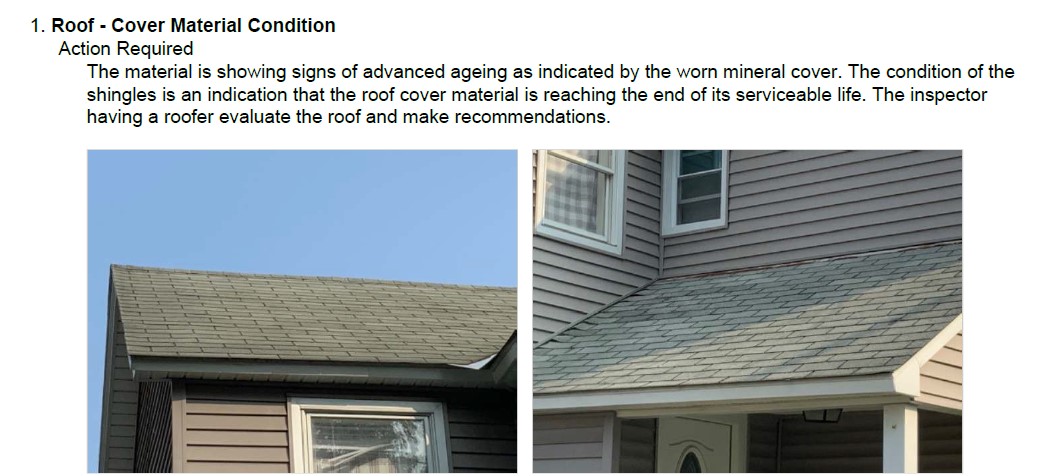The home inspection phase is pivotal when buying a property. Unfortunately, it often triggers unease among realtors, sellers, and potential purchasers.
It’s a misconception to view home inspections as a deal killer; instead, they serve to highlight underlying issues with the property in question, which can result in lost deals if they are not handled properly.
Let’s delve into the three reasons transactions might fall apart post-inspection, shifting focus away from blaming either the property or the inspector.
Buyers Are Often Unprepared: By no fault of their own, a significant number of buyers are not educated on the home inspection process.
Why would they be?
It’s incumbent upon their real estate agent to explain how the process works, preparing them for contingencies if issues are discovered during their home inspection. Simply sharing a sample inspection report with a buyer and explaining the various areas that could arise can go a long way towards setting the right expectation with the buyer and preparing them for what’s to come.
Sellers Are Also Often Unprepared: Sellers often believe that their house has no issues that will be flagged on an inspection report.
The best way to prevent surprises during the buyer’s inspection, as well as to prepare for a smooth closing process, is by performing a home inspection prior to marketing a house for sale.
This will allow a seller to identify potential problem areas that they can than either address proactively, or secure estimates from qualified contractors to share with the buyer they go under agreement with.
Technology Brings Clarity AND Complexity: With the advent of technology, home inspection reports come packed with data. Now, a buyer can anticipate receiving an exhaustive 40-60 page analysis full of crisp photos, elaborate blueprints, and a plethora of data.
Such clarity is beneficial. However, the sheer volume of data can be overwhelming. This data overload can heighten anxiety and even be a factor in deal withdrawal.
In Conclusion: Home inspections don’t derail transactions; they provide clarity. They’re instrumental in ensuring that buyers have a transparent picture of their investment.
Sellers can prepare by performing their own inspection to help prepare for a successful sale, while buyers should be educated by their realtors on the home inspection process so they are better prepared to face challenges that may come up during their inspection.



